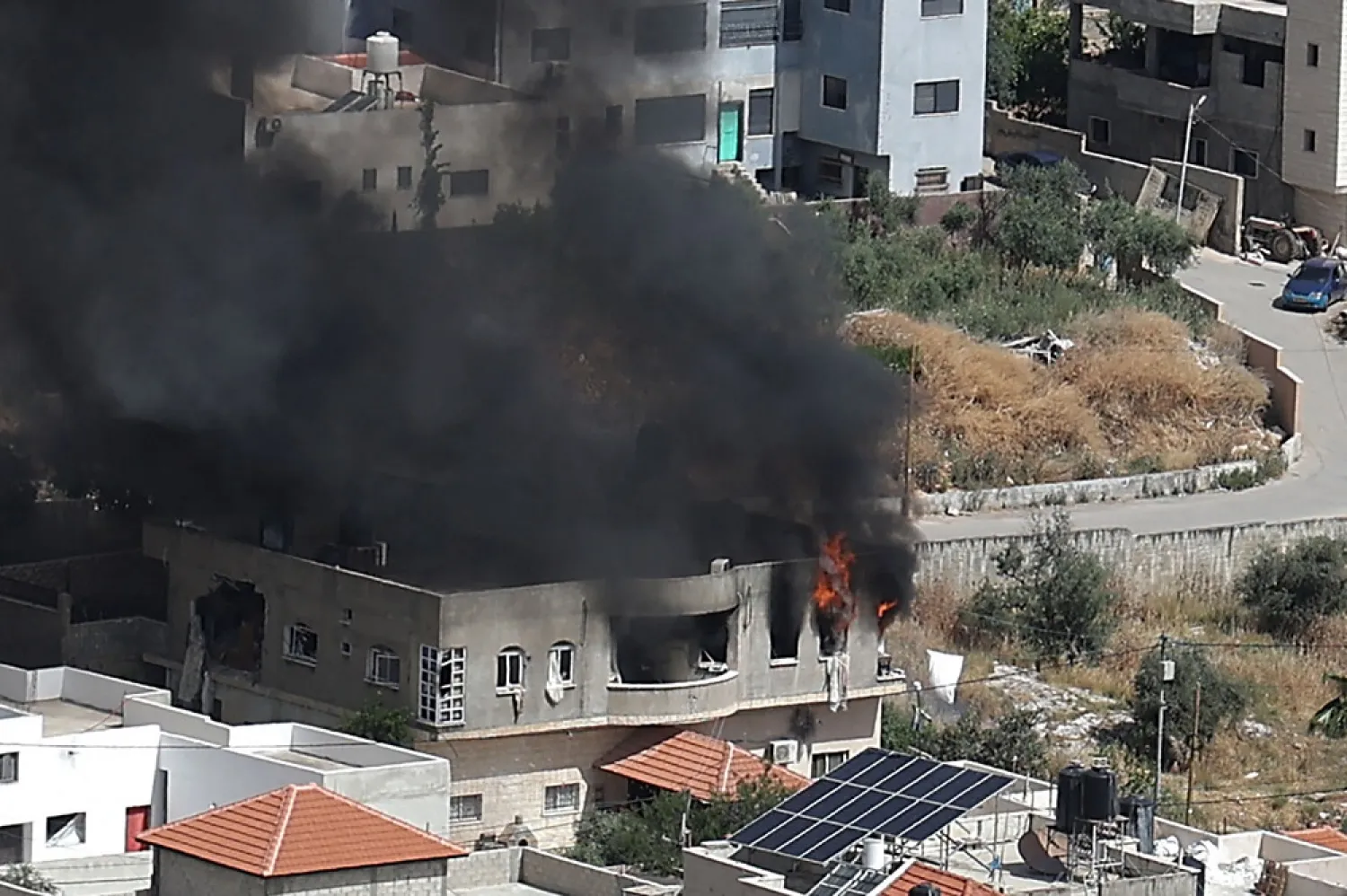Israeli forces resumed raids in the occupied West Bank area of Jenin on Friday, where a prominent Palestinian journalist was shot dead this week, wounding at least four people, the Palestinian Health Ministry said.
The Israeli military said its forces were conducting counter-terrorism activities on the outskirts of Jenin, where Al Jazeera journalist Shireen Abu Akleh was killed on Wednesday. Her funeral procession in the Old City of Jerusalem on Friday is expected to draw thousands.
The death of Abu Akleh, who had covered Palestinian affairs and the Middle East for over two decades at the Qatar-based news channel, seemed likely to add fuel to a surging conflict.
Hundreds of Israeli officers were to be deployed in the area of the funeral to ensure it proceeds without confrontations, a spokesman said.
Residents in the area of Jenin said Israeli forces fired a projectile towards a home near Jenin on Friday in an apparent effort to arrest suspects inside. Palestine TV footage showed black plumes of smoke rising from the house. The Israeli military did not immediately comment.
Abu Akleh's death has drawn widespread condemnation. Video footage from the moments after she was wounded showed Abu Akleh, 51, wearing a blue vest marked "Press".
She suffered a gunshot wound to the head while covering clashes between Israeli soldiers and Palestinian militants in Jenin. At least two of her colleagues who were with her said they had come under Israeli sniper fire.
Israel, which has voiced regret at Abu Akleh's death, said that the fatal shot may have been fired by a Palestinian gunman. While launching its own probe, it has also proposed a joint investigation with the Palestinians, asking them to provide the bullet for examination.
The Palestinians have rejected the Israeli request, describing Abu Akleh's killing as an assassination by Israeli forces. Palestinian President Mahmoud Abbas on Thursday said Israel was fully responsible and called for an international investigation.
Israel has stepped up raids amid deadly attacks in Israel. Since March, Palestinians and members of Israel's Arab minority have killed 18 people, including three police officers and a security guard, in attacks in Israel and the West Bank that have mostly targeted civilians.
Some of the assailants have come from the Jenin area. The Israeli arrest raids in the West Bank have often sparked clashes and have brought the number of Palestinians killed by Israeli forces or armed civilians since the beginning of the year to at least 42. The casualties include armed members of militant groups, lone assailants and bystanders.









